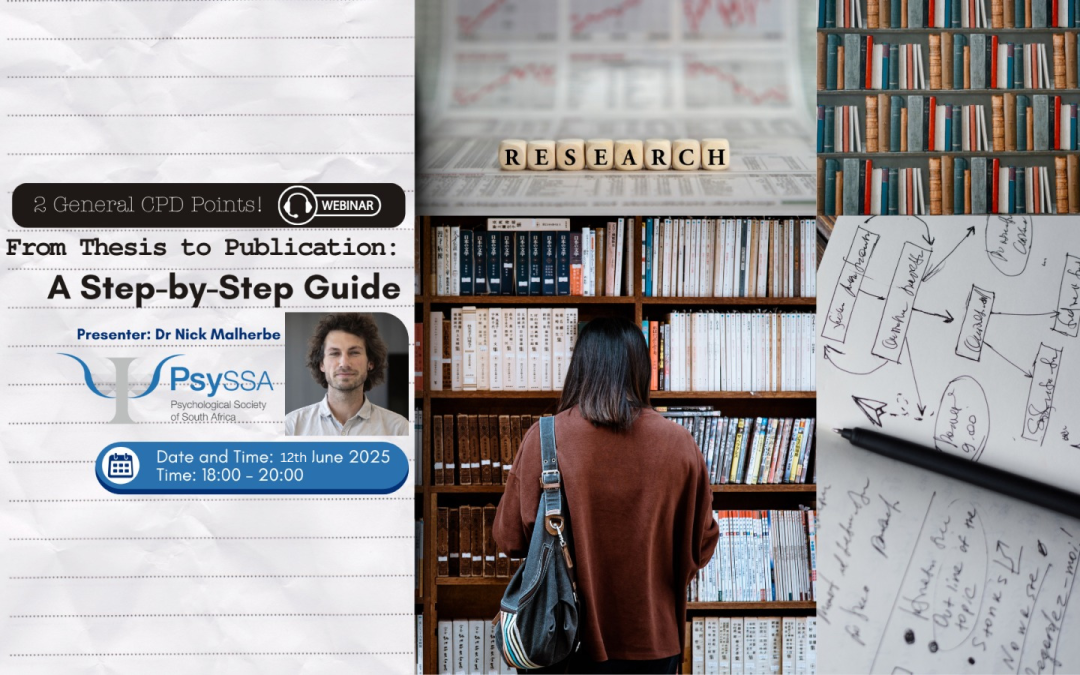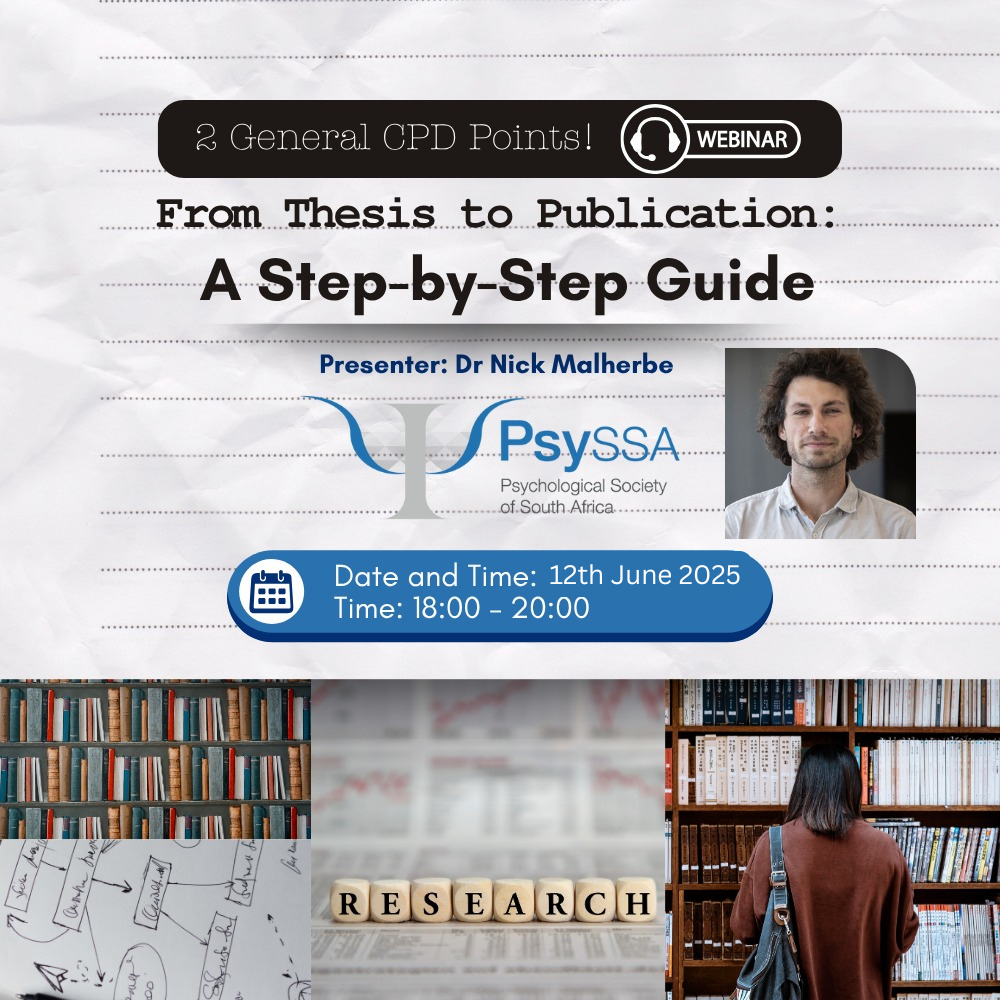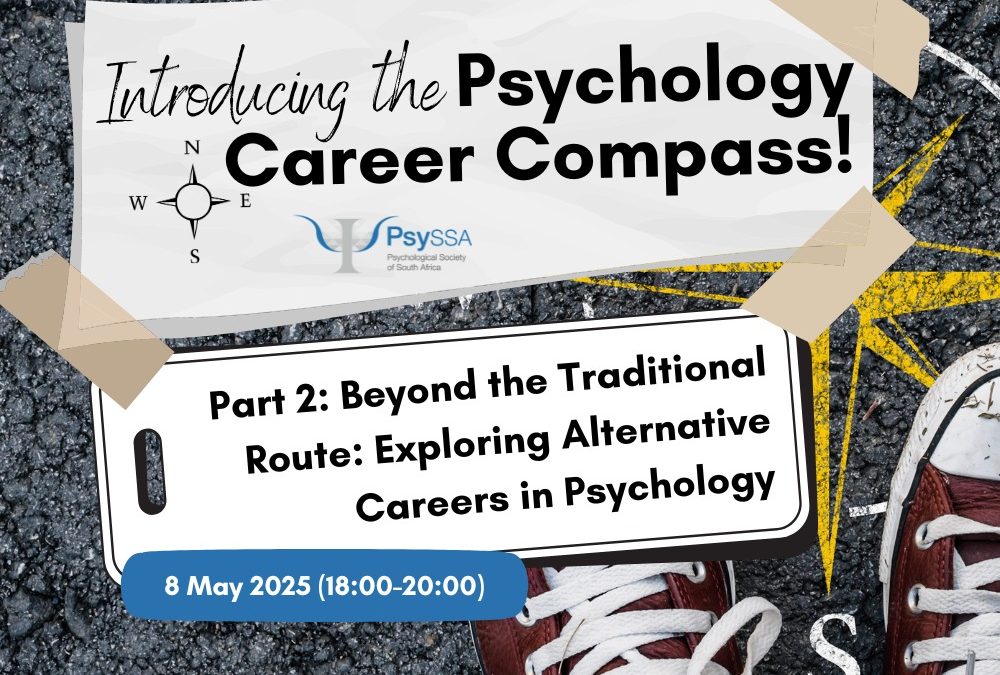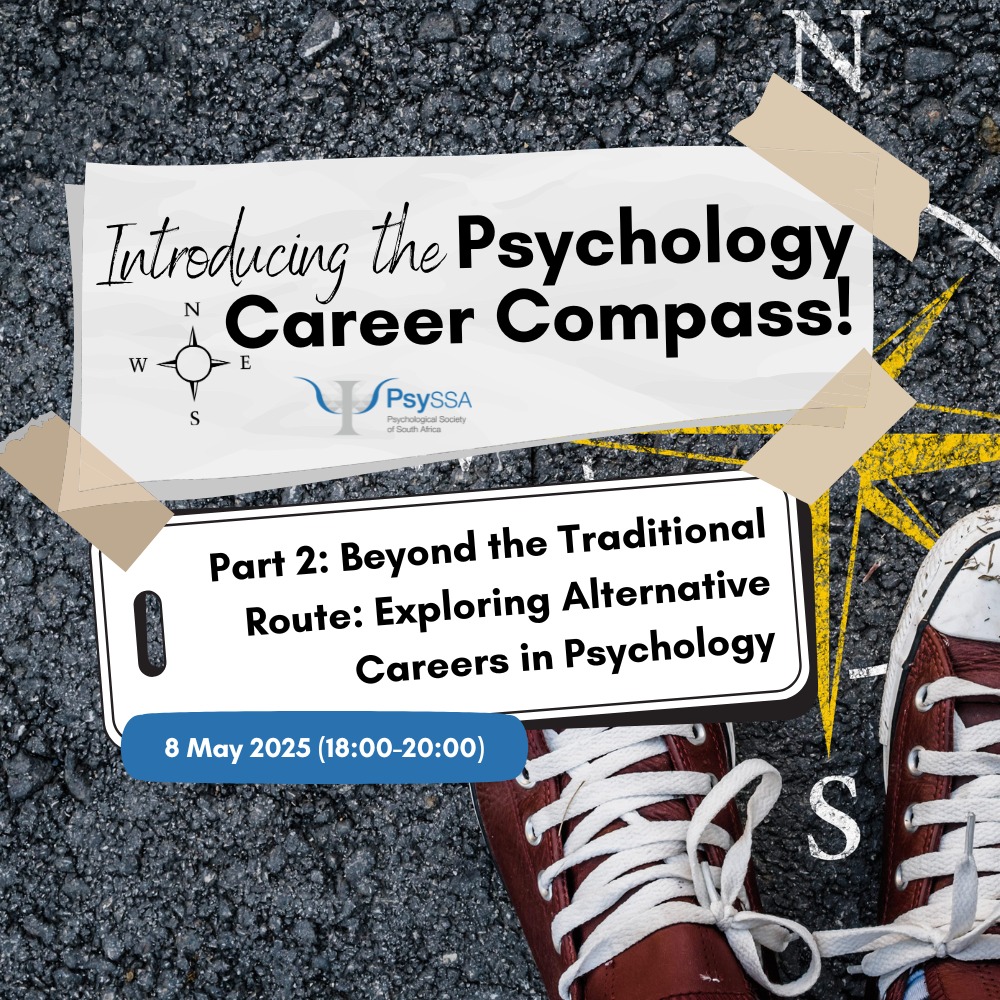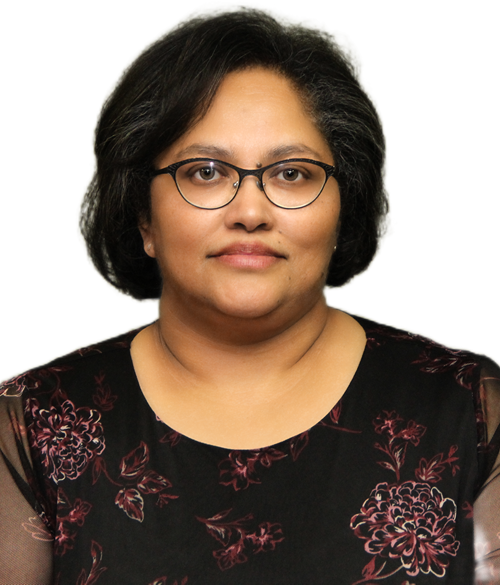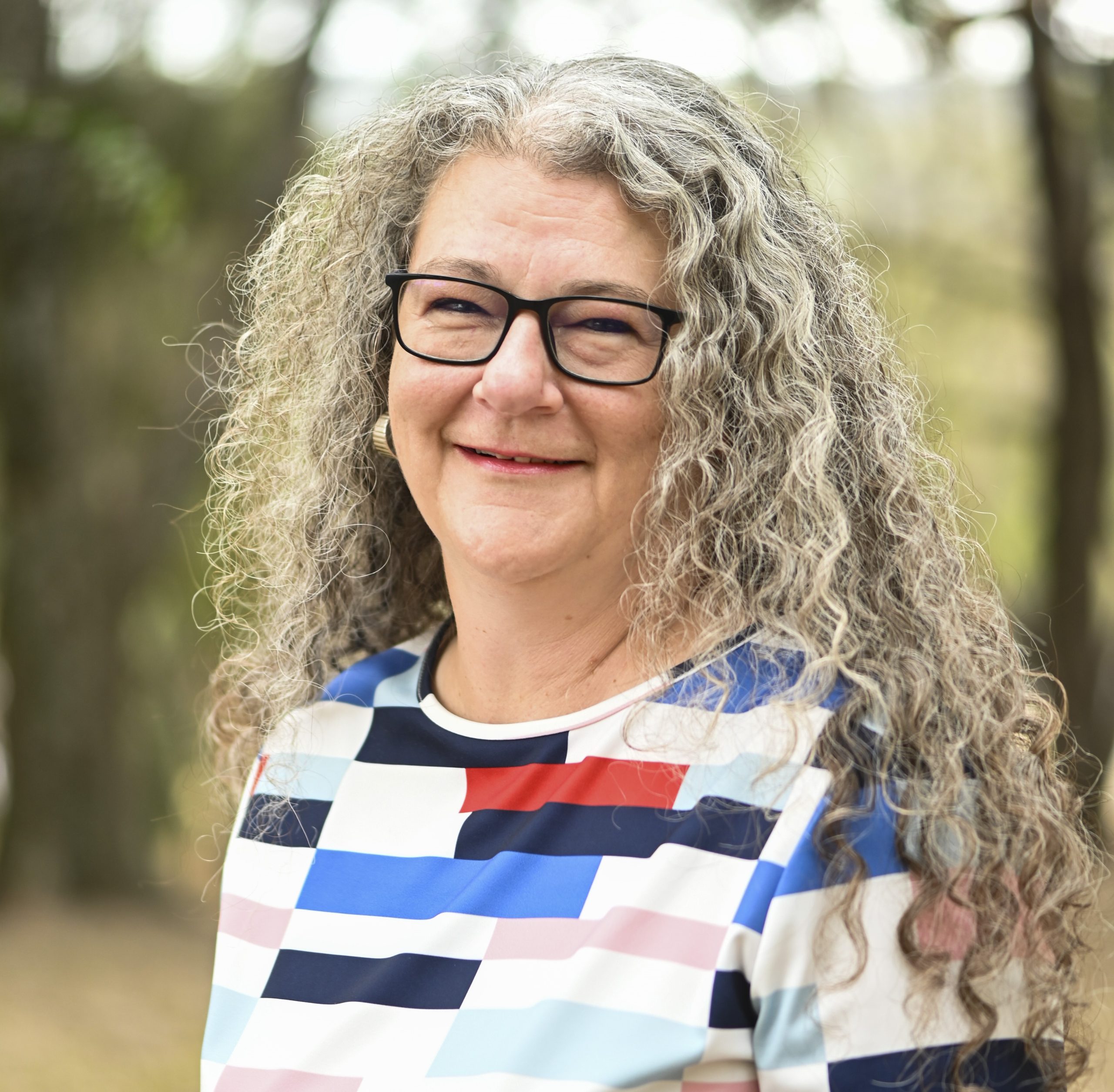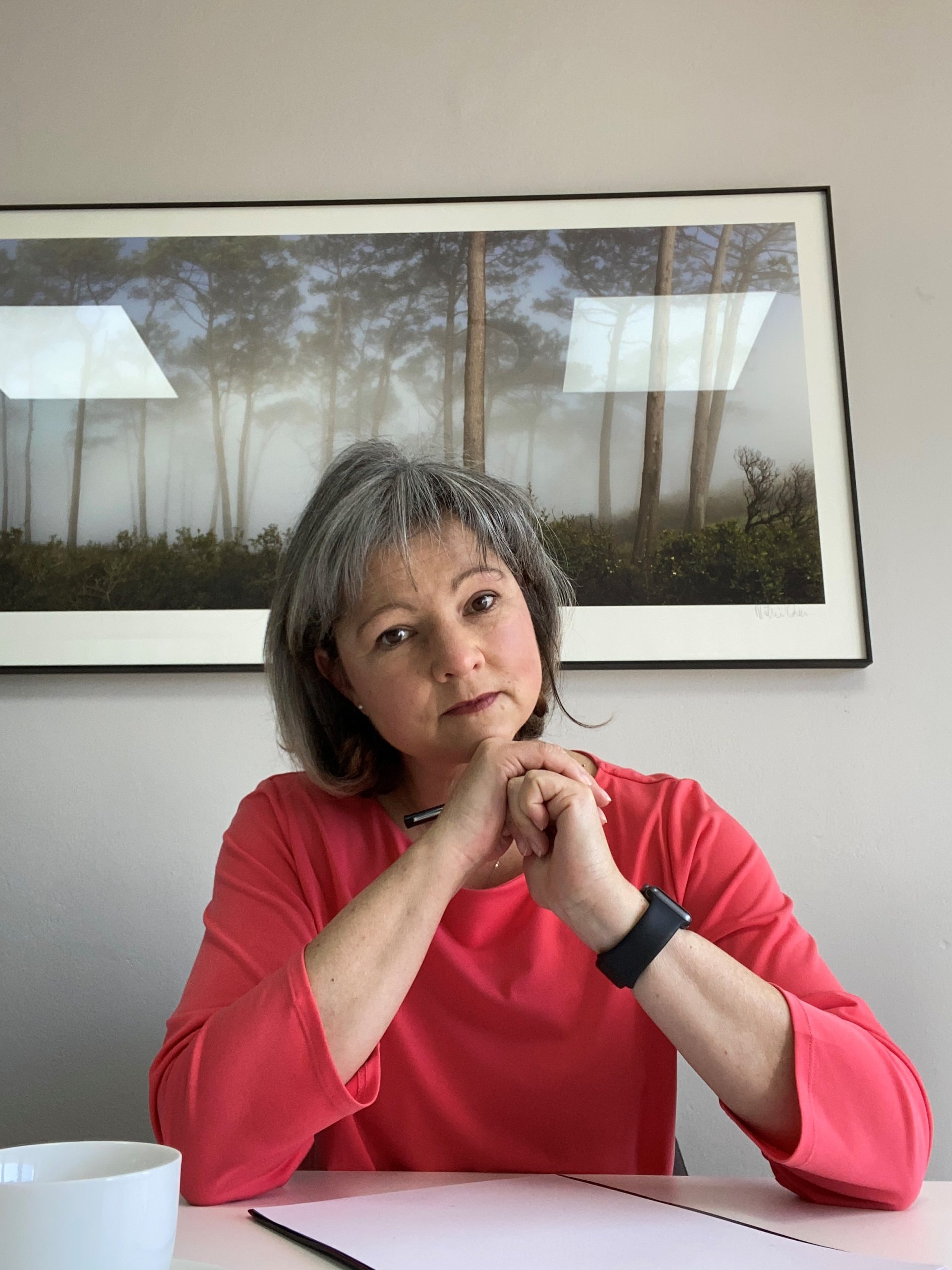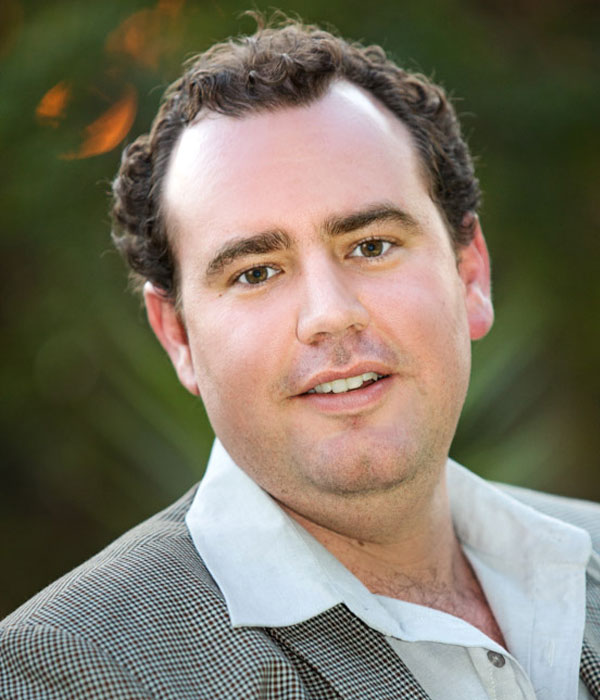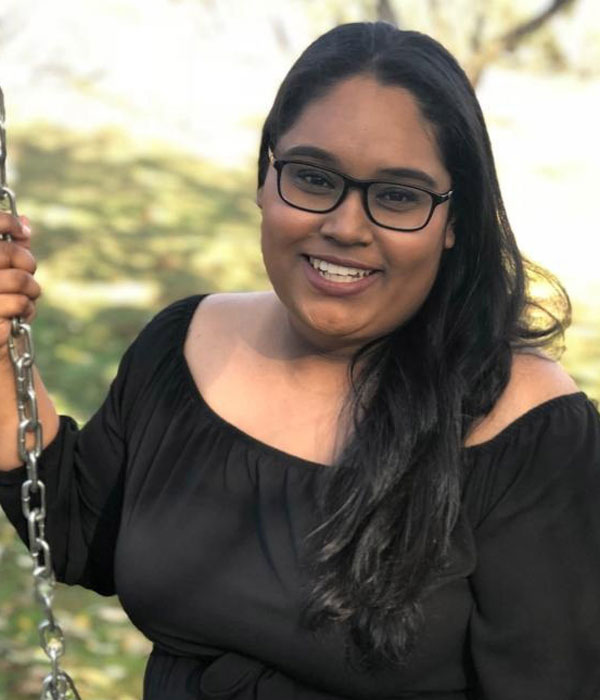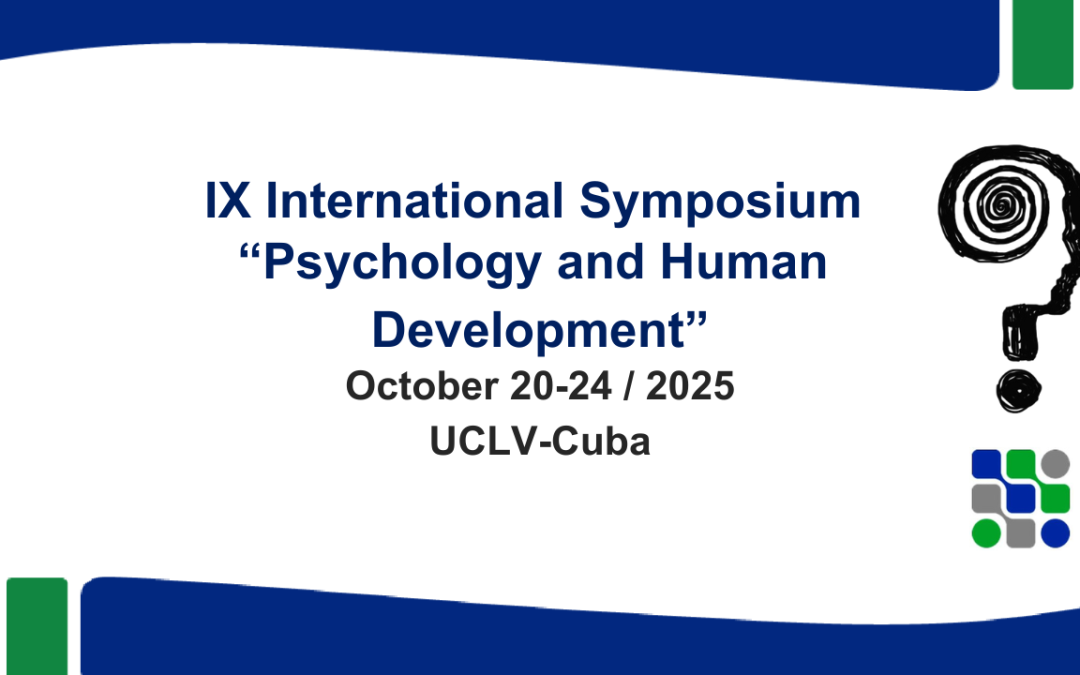By the Sexuality & Gender Division of PsySSA
Stigma and discrimination against LGBTQIA+ (hereafter queer) people are often driven by community attitudes and practices. But what happens when communities come together to protect those who are vulnerable?
The International Day Against Homophobia, Transphobia, and Biphobia was created in 2004 to draw attention to the violence and discrimination experienced by lesbian, gay, bisexual, trans and intersex people, and all of those with diverse sexual orientations, gender identities or expressions, and sex characteristics.
It’s theme for 2025 is “The Power of Communities” and we write, as the Sexuality and Gender Division of PsySSA, to ask pertinent questions about the nature and role of “community” in both driving and addressing stigma and discrimination.
It’s important, firstly, to note that communities are varied and variable in South Africa, there is no single notion of “community” we can rely on. The idea of community is a social construct – it can be a place, a group of people with a common interest, a collection of actions based on shared expectations, values, beliefs and meanings between individuals, an “imagined” sense of belonging, easy to feel but hard to pin down.
Stigma towards queer people, through the lens of “community”, can be understood in two ways. Symbolic stigma can be seen as giving weight to the otherness, the “undesirability” of queer people; questioning their morality deems them unfit to be declared human and equal, as part of “our” community. Through this spoiled identity, harms towards queer people can be enabled and justified, and so instrumental stigma can be seen as those attitudes and actions which result in the physical distancing of queer people – by harming and ousting them “we” feel physically safer. One example of this is the way in which trans and gender diverse people are literally being declared persona non grata in the United States, as if their very right to exist is being challenged.
As a result, trans and gender diverse people are no longer seen as part of “the community”, as US citizens, as moral subjects. Not only is threat and impact symbolic, it is literal, as we see attacks on trans people, and queer people more broadly, on the rise globally.
But not all communities feel the same way. While the queer community (more accurately, “communities”) does not always see eye to eye, intra-queer allyship is critical in this moment and we should, as mental health practitioners, support LGBTQIA+ people to process internalised homo/trans/bi and intersex-phobias and see each other as part of a marginalised group that needs to hold each other together.
In addition to this, we, as mental health practitioners, need to contribute to work which destigmatises queer and alternate identities – we should be clear that anti-trans sentiment has already seeped into anti-gay and anti-lesbian projects. After queer people, conservative forces come for immigrants and other minorities, and this should be challenged.
Finally, as mental health practitioners we owe it to the families we work with to empower them to be advocates and allies for their queer kin. Research has shown that “conversion” practices begin with the family, who cannot cope with the stigma (their own and that of their community) around queerness. This is fixable, we have the skills and the knowledge to help families “reimagine” what a family is: people who are a proxy for the broader community of care, concern and connection. We really are stronger together than apart.
